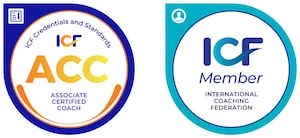PDF Download: “Work Better Together: 10 Best Practices For Your Family Business Success”
PDF Download: “Building Accountability and Trust 1 of 2 (Info Sheet)”
PDF Download: “Building Accountability and Trust 2 of 2 (Worksheet)”
PDF Download: “Gaining Awareness of Patterns in the System (OAR)”
PDF Download: “Keys to Better Family Business Decision Making (ACAAR)”
PDF Download: “Working With Family Info Sheet (ACAAR)” Print on Legal Size
PDF Download: “Quality of Decision Making in Family Business”
PDF Download: “Core Values: What Are Your Core Values? 1 of 2”
PDF Download: “Core Values Worksheet 2 of 2”
PDF Download: “Leadership Transition (The 4 Means of Messaging)”
PDF Download: “Wealth Transition (The 4 Means of Messaging)”
PDF Download: “Leadership Transitions: Providing Challenge & Support”
PDF Download: “The Three Circle Model Of The Family Business System”
PDF Download: “SWOT Analysis”
PDF Download: “Family Business Vision and Values List of 246 Core Values 1 of 2”
PDF Download: “Family Business Vision and Values Statement Worksheet 2 of 2”
PDF Download: “Polarity Map”
PDF Download: “The Cycle of Socialization By Bobbie Harro”
PDF Download: “Repairing Broken Promises in Family Business”


